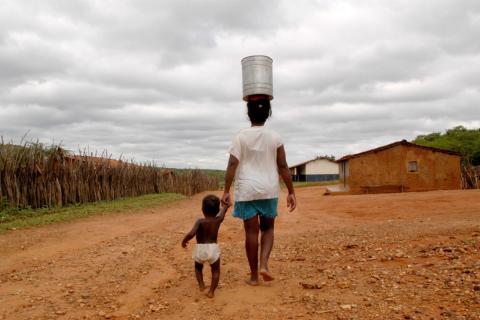Políticas públicas e valorização da mulher na agricultura familiar
A discussão sobre Políticas Públicas rurais voltadas às mulheres rurais é fundamenta para fortalecer, a participação delas no setor agrícola bem como estimular seu protagonismo,uma vez que a condição feminina traz historicamente uma posição de desigualdade se comparada ao masculino.




